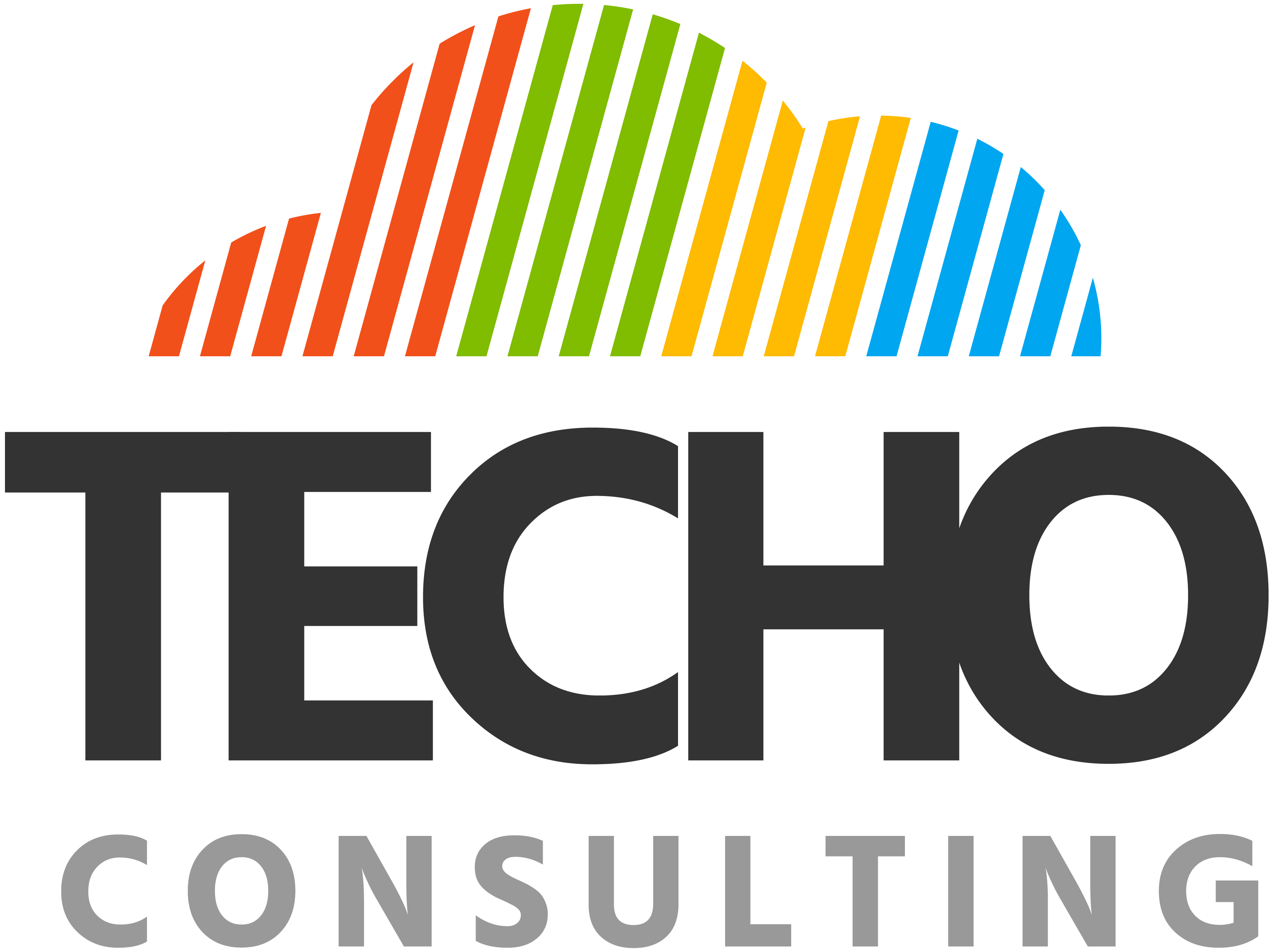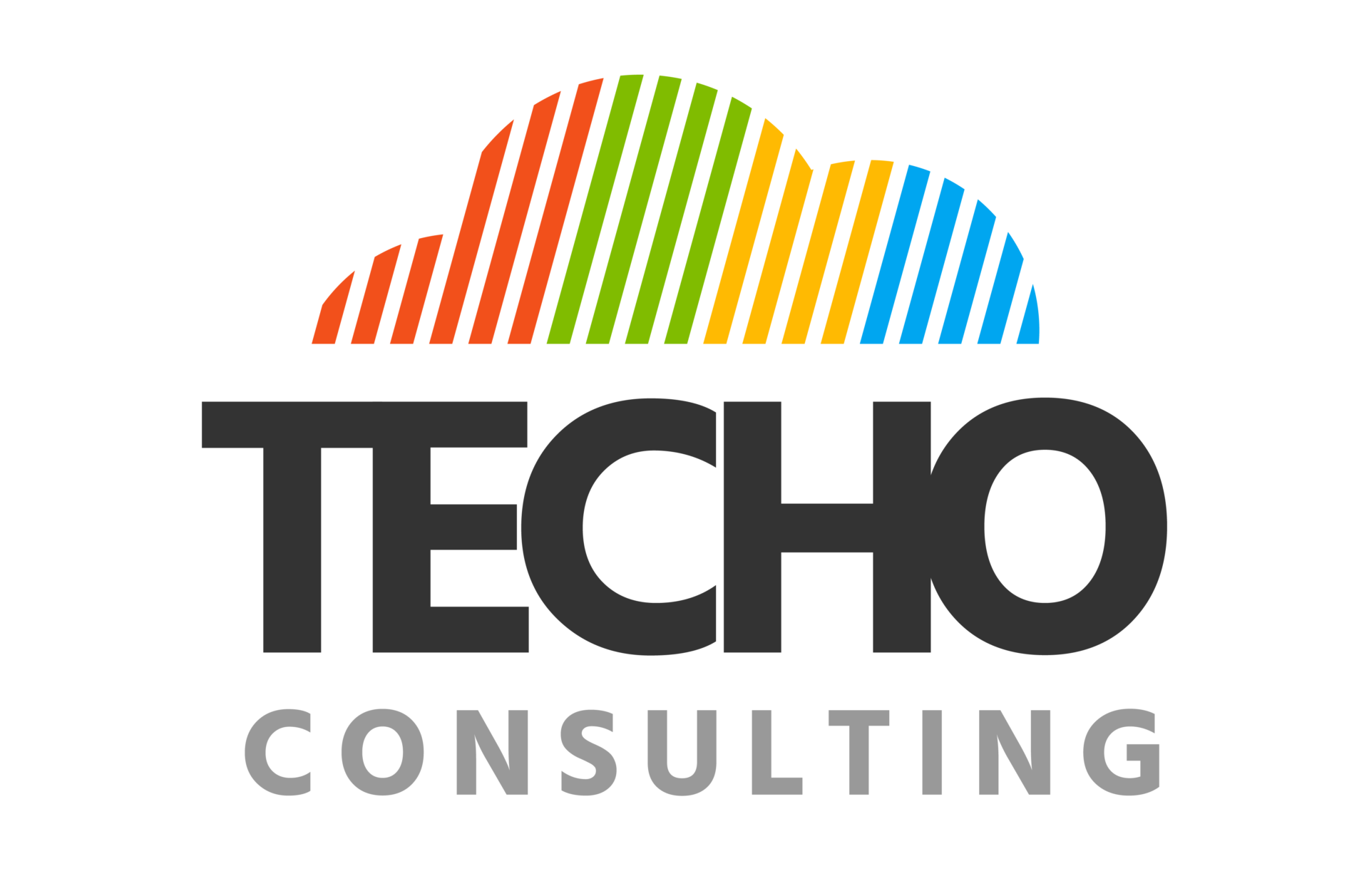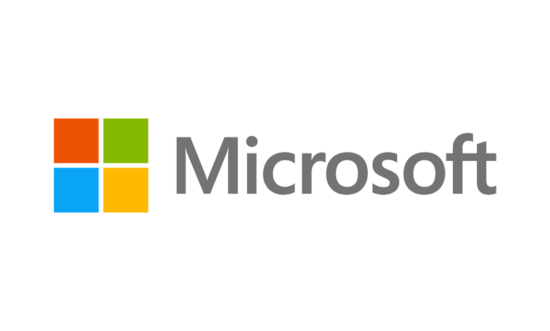Cloud Services
Cloud Computing is an innovative transformation process that enables businesses to become more flexible, efficient, agile and customer-oriented by changing the way they do business with the opportunities provided by the cloud, in an environment of increasing and globalizing competition and uncertainty that includes both risk and various opportunities. According to IDC data; as a result of this process, it is predicted that cloud expenditures will increase by 52% in Public Cloud, 29% in Private Cloud, and 19% in Traditional IT Structure by 2030.
TECHO Consulting provides end-to-end consultancy and technical support services in the process of integration to cloud structures with its expert staff. In addition to creating cloud architecture that enhances IT flexibility while strengthening existing investments, it also provides enterprise-specific infrastructures with consultancy services aimed at sustaining data security, compliance and control without affecting SLAs and existing applications.
Business continuity and the conditions of global competition necessitates rapid adaptation to new technologies. This necessity steers companies towards software-defined architectures and cloud technologies, and away from conventional hardwired architecture. Cloud technologies provide companies with ease of adaptation, business continuity and a competition advantage, increasing their ability to manage the change with convenience, flexibility, and savings in initial investment costs. TECHO Consulting, with its expert staff, provides end-to-end consultancy and technical support services in the process of adapting to cloud technologies, to help businesses manage this transformation in the best way possible.
WHY Cloud?

What Can You Do with Microsoft Azure?
The basis of Azure service consists of technologies such as Windows Server, SQL Server, Active Directory and HyperV, all of which are familiar to and trusted by business users. This enables businesses to be more flexible, efficient, and customer-oriented, “without changing their habits,” in a consistent and stable environment. Microsoft Azure is a common cloud platform, open and flexible. Azure supports all popular operating systems, programming languages, frameworks, tools, databases and device options. Thus, it enables you to work via Linux, develop applications by using JavaScript, Python, PHP, Java and Node.js, along with .NET, and develop back ends for IOS, Android and Windows devices. Furthermore, Microsoft Azure delivers all these benefits with superior reliability, as it is the only public cloud provider that provides a built-in, continuous security and privacy lifecycle with continuous security status monitoring on the Azure platform.
Keep your budget in check with low-cost, per-second billing. You only pay for the compute time you use
Scale from one to thousands of VM instances in minutes with Azure Virtual Machine Scale Sets
Encrypt sensitive data, protect VMs from malicious threats, secure network traffic, and meet regulatory and compliance requirements
Choose Linux or Windows. Deploy your own VM image or download images from the Azure Marketplace
Fully-managed database automates updates, provisioning, and backups so you can focus on application development
Flexible and responsive serverless compute and Hyperscale storage rapidly adapt to your changing requirements
Layers of protection, built-in controls, and intelligent threat detection keep your data secure
Built-in AI and built-in high availability maintain peak performance and durability with an SLA of up to 99.995 percent
Guaranteed speed at any scale-even through bursts-with instant, limitless elasticity, fast reads and multi-master writes, anywhere in the world
Fast, flexible app development with SDKs for popular languages, APIs for SQL, MongoDB, Cassandra, and Gremlin, and no-ETL (extract, transform, load) analytics
Ready for mission-critical applications with guaranteed business continuity, 99.999-percent availability, and enterprise-level security
Fully managed and cost-effective serverless database with instant, automatic scaling that responds to application needs
Single sign-on simplifies access to your apps from anywhere
Conditional Access and multi-factor authentication help protect and govern access
A single identity platform lets you engage with internal and external users more securely
Developer tools make it easy to integrate identity into your apps and services
File
Simple, distributed, cross-platform file system
- Lift and shift migration
- Simple and inexpensive
- Move data to cloud with no coding
Disk
Persistent, high-performance disk storage for every workload
- Low latency, high throughput
- Industry-leading, single-instance service-level agreement
- Enterprise-grade durability
Blob
Massively-scalable object storage for unstructured data
- Cost-effective for massive volume
- Tiered storage options
- Single infrastructure with global reach
Data Lake Storage
Secure, massively scalable data lake storage.
- Limitless storage for analytics data
- Optimized for Apache Spark and Hadoop analytics engines
- High-performance file system with support for fine-grained ACLs
Archive
Industry leading price point for storing rarely accessed data
- Data automatically encrypted at rest
- Seamless integration with hot and cool storage tiers
- Supported by leading Data Management partners
HPC Cache
File caching for high-performance computing
- Accelerate data access for large, file-based workloads
- Support existing HPC workloads in Azure
- Simplify storage resource management
- Offload on-premises backup: Azure Backup offers a simple solution for backing up your on-premises resources to the cloud. Get short and long-term backup without the need to deploy complex on-premises backup solutions.
- Back up Azure IaaS VMs: Azure Backup provides independent and isolated backups to guard against accidental destruction of original data. Backups are stored in a Recovery Services vault with built-in management of recovery points. Configuration and scalability are simple, backups are optimized, and you can easily restore as needed.
- Scale easily- Azure Backup uses the underlying power and unlimited scale of the Azure cloud to deliver high-availability with no maintenance or monitoring overhead.
- Get unlimited data transfer: Azure Backup doesn't limit the amount of inbound or outbound data you transfer, or charge for the data that's transferred.
- Outbound data refers to data transferred from a Recovery Services vault during a restore operation.
- If you perform an offline initial backup using the Azure Import/Export service to import large amounts of data, there's a cost associated with inbound data.
- Keep data secure: Azure Backup provides solutions for securing data in transitand at rest.
- Centralized monitoring and management: Azure Backup provides built-in monitoring and alerting capabilitiesin a Recovery Services vault. These capabilities are available without any additional management infrastructure. You can also increase the scale of your monitoring and reporting by using Azure Monitor.
- Get app-consistent backups: An application-consistent backup means a recovery point has all required data to restore the backup copy. Azure Backup provides application-consistent backups, which ensure additional fixes aren't required to restore the data. Restoring application-consistent data reduces the restoration time, allowing you to quickly return to a running state.
- Retain short and long-term data: You can use Recovery Services vaultsfor short-term and long-term data retention.
- Automatic storage management- Hybrid environments often require heterogeneous storage - some on-premises and some in the cloud. With Azure Backup, there's no cost for using on-premises storage devices. Azure Backup automatically allocates and manages backup storage, and it uses a pay-as-you-use model. So you only pay for the storage you consume. Learn more about pricing.
- Multiple storage options- Azure Backup offers three types of replication to keep your storage/data highly available.
- Locally redundant storage (LRS)replicates your data three times (it creates three copies of your data) in a storage scale unit in a datacenter. All copies of the data exist within the same region. LRS is a low-cost option for protecting your data from local hardware failures.
- Geo-redundant storage (GRS)is the default and recommended replication option. GRS replicates your data to a secondary region (hundreds of miles away from the primary location of the source data). GRS costs more than LRS, but GRS provides a higher level of durability for your data, even if there's a regional outage.
- Zone-redundant storage (ZRS)replicates your data in availability zones, guaranteeing data residency and resiliency in the same region. ZRS has no downtime. So your critical workloads that require data residency, and must have no downtime, can be backed up in ZRS.
Develop highly accessible and scalable applications and API's
De3velop mobile and Web applications for preferred platform and devices
Cloud Computing in Percentege
An “inevitable” process of transformation that proves its power in percentages





